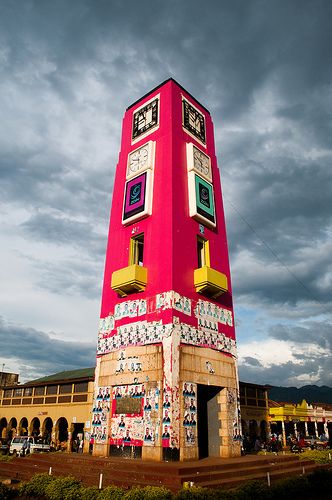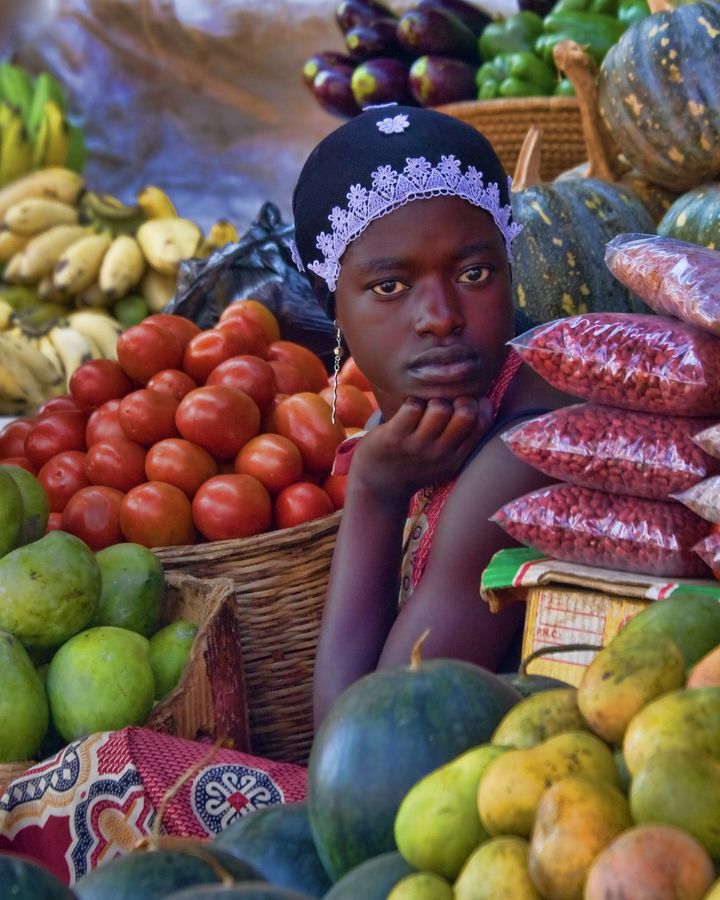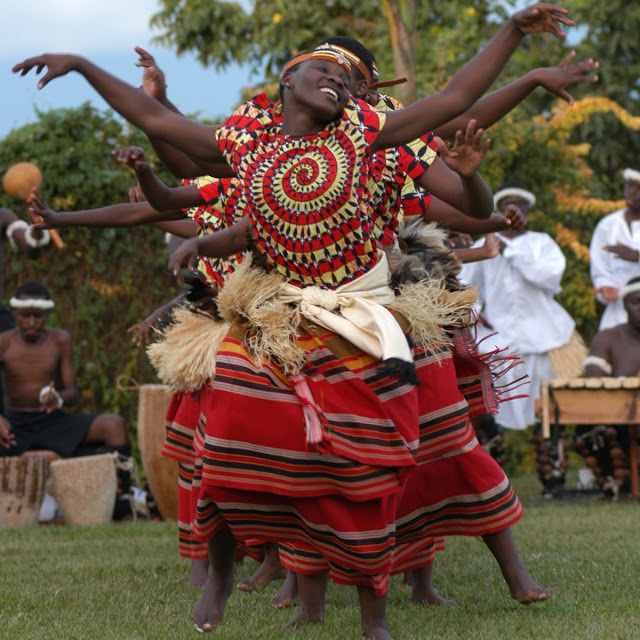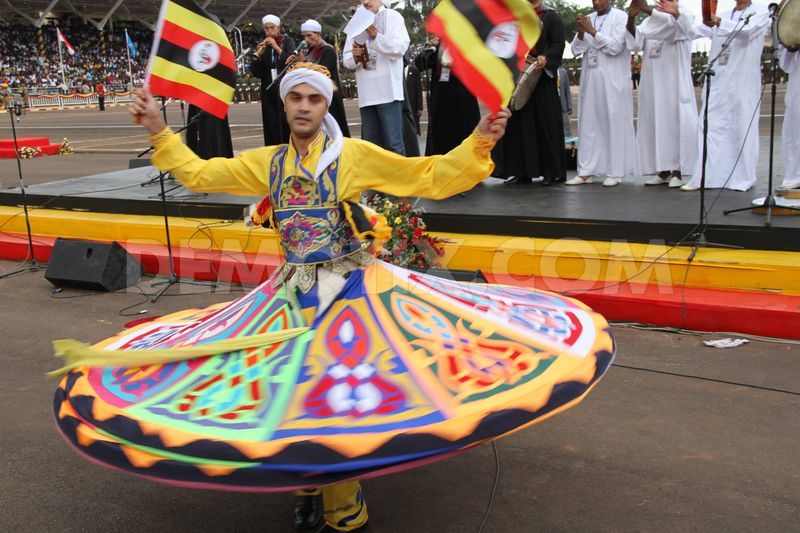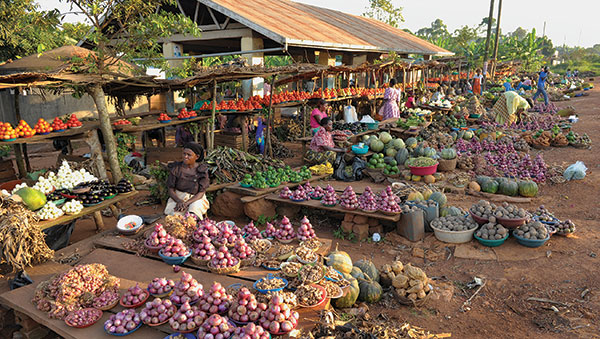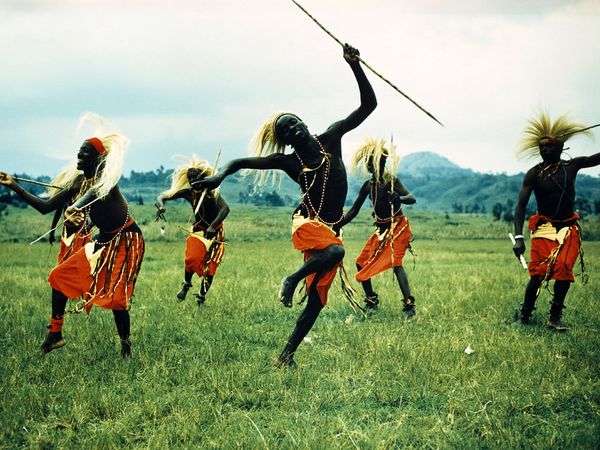|
|
||||||||||||||||||||||||||||||||||||||
|
|
||||||||||||||||||||||||||||||||||||||
|
|
||||||||||||||||||||||||||||||||||||||
**Donation over HKD 100 is tax-deductible in Hong Kong under IRD-No. 91/10271*** 捐款HK$100元或以上,可獲香港退稅收據.
|
||||||||||||||||||||||||||||||||||||||
| Health and social issues significantly affect rural poverty in Uganda as well. The population of about 36 million is growing at an annual rate of 3.4 per cent. Although the country has dramatically reduced the incidence of HIV/AIDS since the 1990s, prevalence rates have begun rising again in recent years. The pandemic has caused the death of large numbers of young adults and orphaned up to 1.2 million children. |
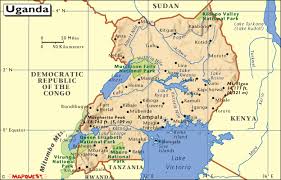 |
![]() The lack of health care and other social services puts rural
women at a particular disadvantage. They work far longer hours
than men, have limited access to resources and lack control over
what they produce. Among their many other tasks, they also bear
the double burden of ensuring that their households are
adequately fed and caring for the sick, the elderly, and for
orphaned children.
The lack of health care and other social services puts rural
women at a particular disadvantage. They work far longer hours
than men, have limited access to resources and lack control over
what they produce. Among their many other tasks, they also bear
the double burden of ensuring that their households are
adequately fed and caring for the sick, the elderly, and for
orphaned children.
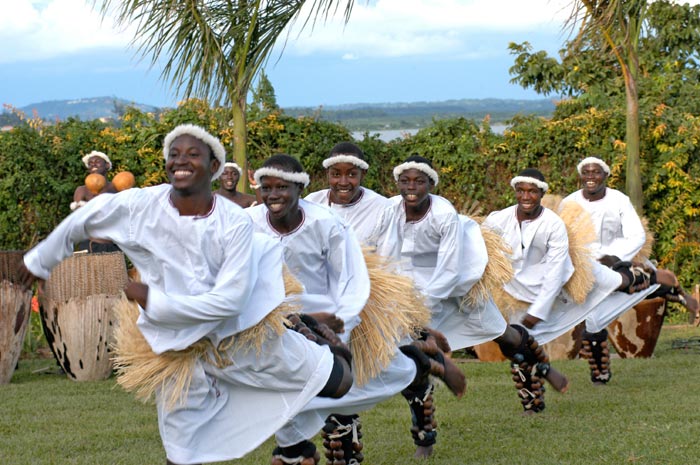 |
In 2012, Uganda ranked
161st among 187 countries on the United
Nations Development Programme's Human Development Index,
in the Low Human Development category. |
![]()
![]()
![]()
**Donation over HKD 100 is tax-deductible in Hong Kong under IRD-No. 91/10271***
捐款HK$100元或以上,可獲香港退稅收據.
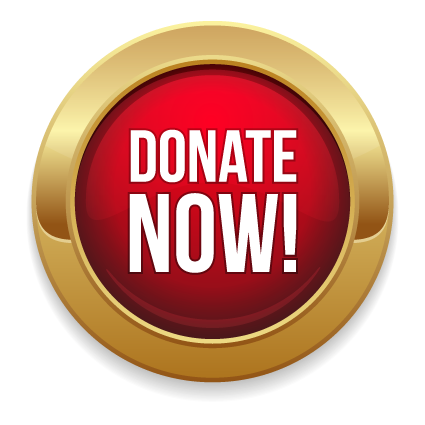 |
 |
 |
 |
 |
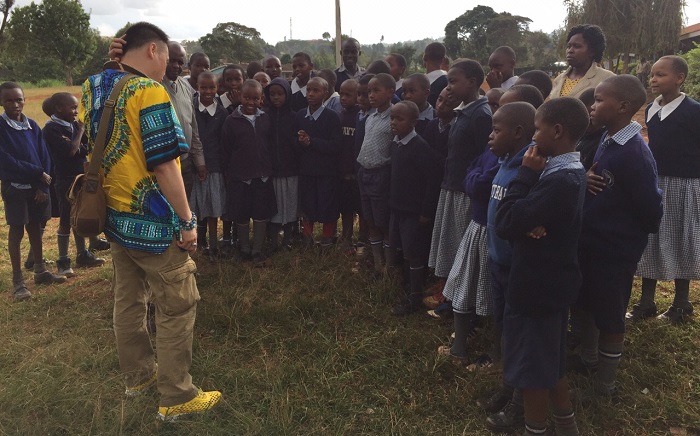
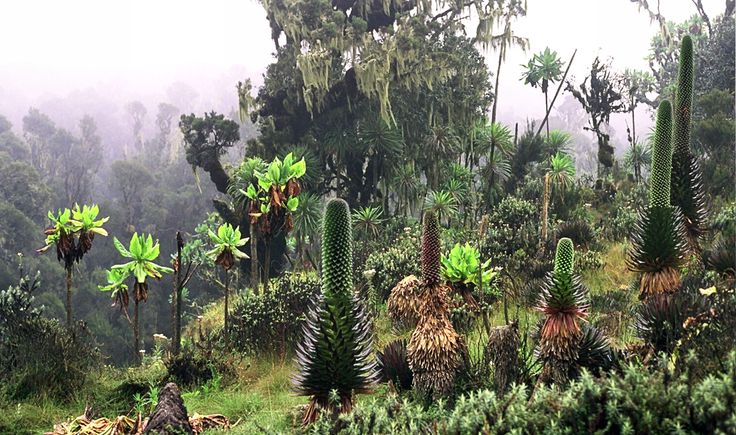
Mission of the trip:
- Donate food to the poorest of the poor through local organizations
- Plant the Planet Ethiopia
- Assessment to the local NGOs and needy people in the slum
Min. Fund-Raising Amount HK$6,800/volunteer (excluding travelling & personal expenses)
![]() 烏干達共和國(斯瓦希里語:Jamhuri
ya Uganda,英語:Republic
of Uganda)是東非的內陸國家。烏干達也被稱為「非洲明珠」。東非共同體的五國:肯尼亞、坦桑尼亞、烏干達、布隆迪與盧旺達,於2010年建立了統一的經濟市場,並將傾力於2015年合併為統一的聯邦國家。該聯邦將擁有共同的憲法、總統、議會和貨幣。
烏干達共和國(斯瓦希里語:Jamhuri
ya Uganda,英語:Republic
of Uganda)是東非的內陸國家。烏干達也被稱為「非洲明珠」。東非共同體的五國:肯尼亞、坦桑尼亞、烏干達、布隆迪與盧旺達,於2010年建立了統一的經濟市場,並將傾力於2015年合併為統一的聯邦國家。該聯邦將擁有共同的憲法、總統、議會和貨幣。
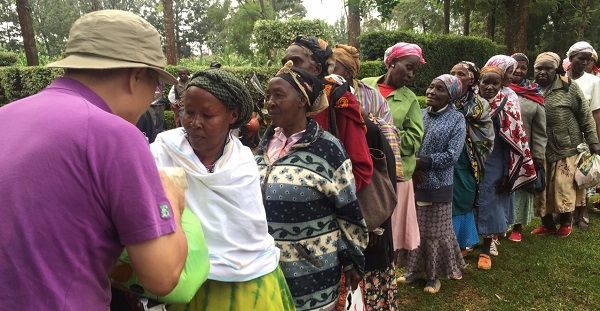
![]() FACTS about UGANDA
FACTS about UGANDA
![]()
- A Ugandan president is called Museveni, no matter the outcome of the elections
- The parliament was built without intelligence in it. It was only until 2011 that the august house started developing certain unverifiable signs of intelligence. However, officials worry that the available space may not be enough to hold the intelligence.
- 70% of police officers have eyes that can detect guns and any metallic objects in cars just by looking at the passengers.
- It is “illegal” to have electricity 7 days in a row
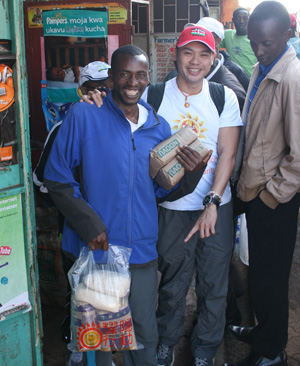 |
|
- Around 50% of Uganda’s population survives on less than one dollar a day.
- Uganda is one of the top countries in the world when it comes to alcohol consumption.
- Ugandans love meat stews, but the “meat” is not just the meat – it’s also the animal’s liver, stomach, intestines, tongue, etc. The Ugandan cook wastes nothing.
- In Uganda, “skimpy” is defined as “not reaching your ankles.”
- The tribal customs of Uganda are still very alive, practised, and greatly respected. While there are estimated to be 52 tribes represented within Uganda, the following are the larger and more well-known tribes include: Buganda (in central), Toro (in the west), Karamoja (in the northeast), Acholi (in north), Sebei, Busoga (in the east), Bugisu (in the east), Iteso (in the east), Ankole, Kigezi, Madi, Lango (in north), Teso, and Bukedi.
- Uganda is the Youngest Country in the World with half of its population under the age of 14 year. The life expectancy for the average Ugandan is only early 50s.
- 10.2% of bird species of the world is found in Uganda. It is a good destination for bird-watchers!
- When you ask where the toilet is they ask you if it is for a long-call or short-call, basically do you need to go #1 or #2
- Uganda has the worlds best bananas, pineapples, mangoes, and avocados.
- Uganda is home to the endangered mountain gorillas, which are almost extinct. There are only 750 left in the world, and they can only be found between Bwindi National Park in Uganda, Parc de volcanoes National park in Rwanda, and Virunga in Congo.
- Uganda’s people are known around the word for their warmth and hospitality.

SUNSHINE ACTION LTD. - Donaiton Methods:
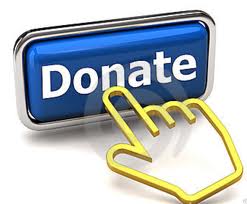 Click
here for Online Donation
Click
here for Online Donation
***By Cheque : Crossed check with payee 'SUNSHINE ACTION Ltd.', please attach the donor name, contact telephone and complete address for tax-deductible receipt: Unit 1802B, 18/floor, Block C, Wah Tat Ind. Centre, No. 8 Wah Sing Street, Kwai Chung, N.T. Hong Kong
支票 : 劃線支票抬頭為 「耀陽行動有限公司」,煩請付上捐款者姓名、聯絡電話以及回郵地址,以便我們寄回捐款收據, 地址 : 葵興地鐵站 A exit - 華星街8號- 華達工業中心C座18樓1802B室
***Bank transfer : You are welcomed to transfer donation through our HSBC and Bank of China, together with the donor name, contact and mailing address written on the bank in slip, thenfax to us at 3016 9853 or email to sunshine@sunshine-action.org
銀行轉賬 : 閣下可直接轉入捐款到耀陽行動以下的匯豐銀行或中國銀行戶口,入數後需於入數紙上寫上捐款者姓名、電話及回郵地址,傳真至3016 9853 或電郵至 sunshine@sunshine-action.org
|
Payee: |
SUNSHINE ACTION LTD. 耀陽行動有限公司 |
|
Bank: |
BANK OF CHINA (Hong Kong) Ltd. |
|
Account No.: |
012-926-1-018415-6 |
|
Bank Address: |
Head Office 1 Garden Road, Hong Kong |
|
Bank Telephone: |
(852)-2826-6888 |
**Donation over HKD 100 is tax-deductible in Hong Kong under IRD-No. 91/10271***
捐款HK$100元或以上,可獲香港退稅收據.
 |
 |
 |
 |
 |
e-mail: sunshine@sunshine-action.org / Tel: 852-6888 4028
The Faith & Commitment.不離不棄不捨的誓言 to serve the poorest, the unwanted, the sick, the hungry, the wounded, the unloved, the thirsty, the homeless...
Sunshine Action Ltd is only based in Hong Kong & This is the only official Website.
![]()








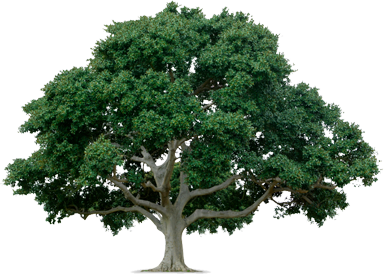
.png)




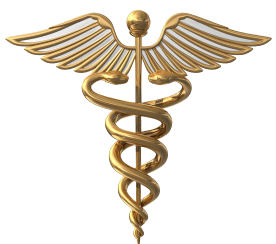
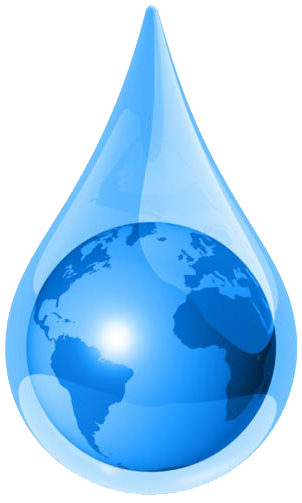

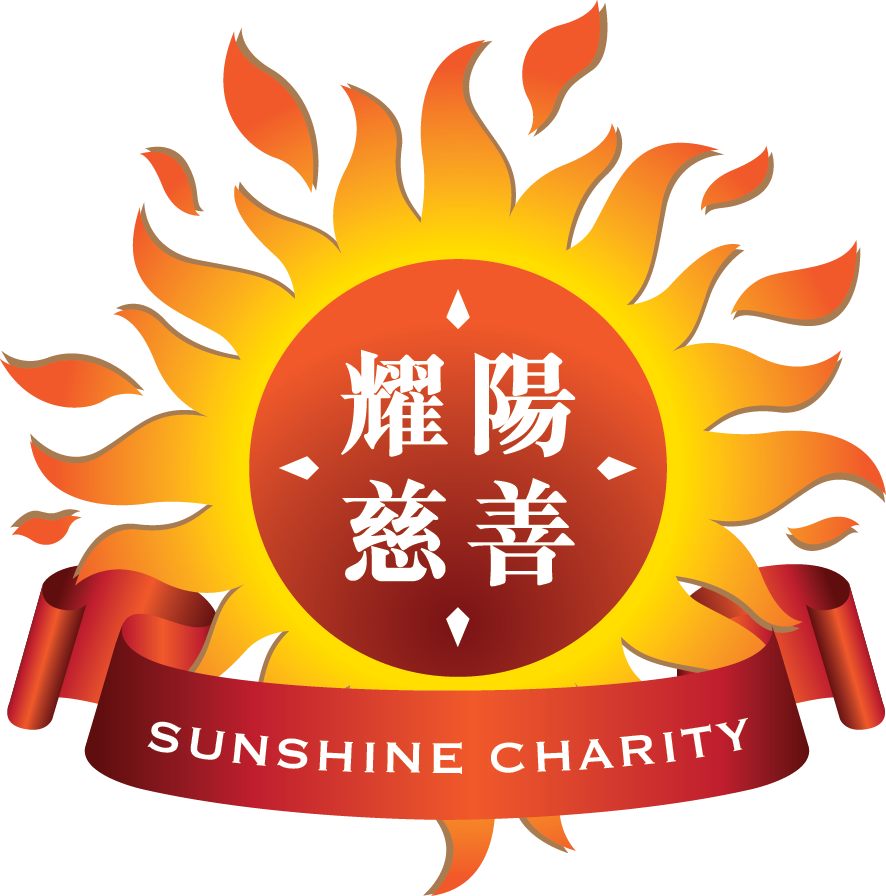
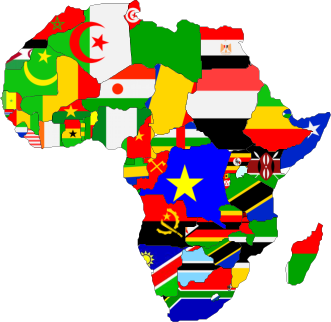
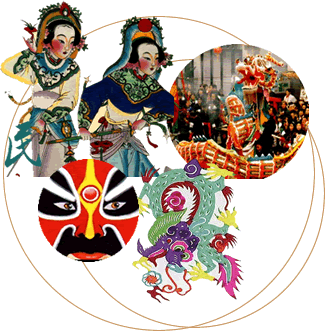

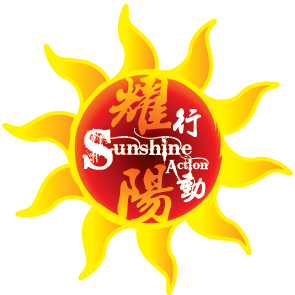
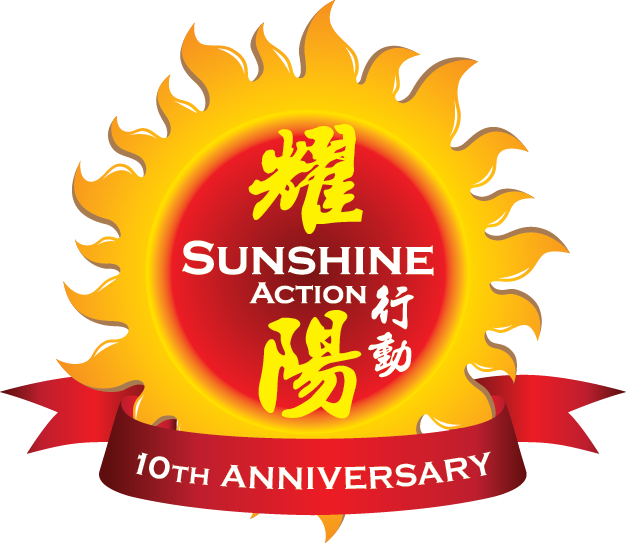
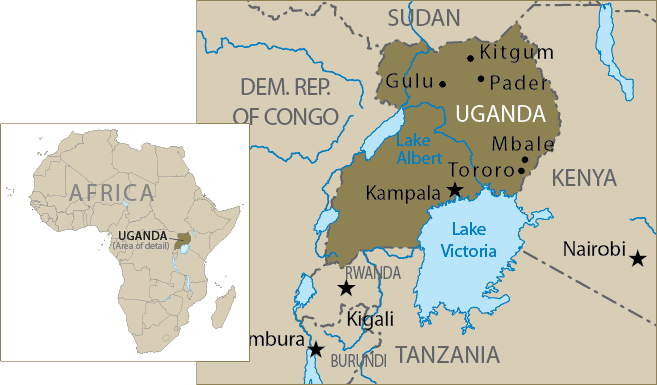
.jpg)
